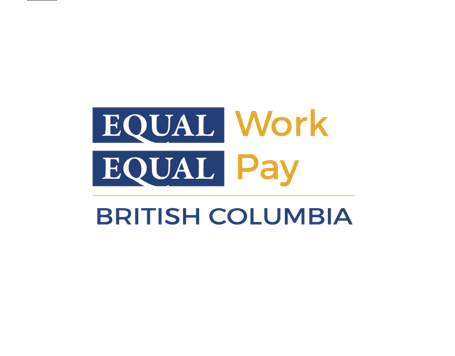Equal Work Equal Pay B.C. Files Labour Relations Board Complaint
November 6, 2020
VICTORIA, B.C. — The Equal Work Equal Pay B.C. coalition has filed a Labour Relations Board complaint that outlines a systemic disregard for the equal effort and skill of non-unionized workers in British Columbia’s community social services sector.
“We have tried for years to get Premier Horgan’s government to take the issue of pay equity seriously and have been met with inattention and inaction,” said Ernie Baatz, coalition member and Executive Director of the Spectrum Society for Community Living in Vancouver. “The government is aware of our concerns. The only explanation is that they have made the decision to compensate people less if they are not part of a union.”
Salaries of workers in B.C.’s community social services sector are funded directly by the provincial government.
“The provincial government decides how much these workers will be paid,” added Kam Judge, CEO of Integra Support Services in Victoria. “They decide who gets paid, how much and when. To this point in time, they’ve deliberately provided more pay to unionized workers and our non-union staff are being asked to do with less.”
The filing to the labour board provides the background of consistent, good-faith outreach from the coalition partners in seeking fair compensation for workers at their agencies. The filing also outlines the fact that requests to meet with government representatives were repeatedly denied, and that low-wage redress funding was delivered in an inconsistent manner with little transparency and communication.
In 2018, the government announced new funding for a three-year, Sustainable Services Negotiating Mandate, which would have provided low wage redress for workers in the sector. This was meant to address gaps between community social services and other sectors that were drawing workers away, due to higher wages.
“Rather than supporting staff in the community social services sector, and following through on a commitment to make wages more in line with other sectors, the government has made the problem worse,” added Janice Barr, CEO of Community Living Society in New Westminster. “Our staff are tired, they are working to protect the most vulnerable in our society, and they are being used as a political tool, rather than being treated as essential workers.”
The complaint is now before the B.C. Labour Relations Board, and the Board will decide when to request the Government’s response. “We hope that the government will take its renewed mandate seriously and start taking actions that make British Columbia a fairer province,” Baatz concluded.





